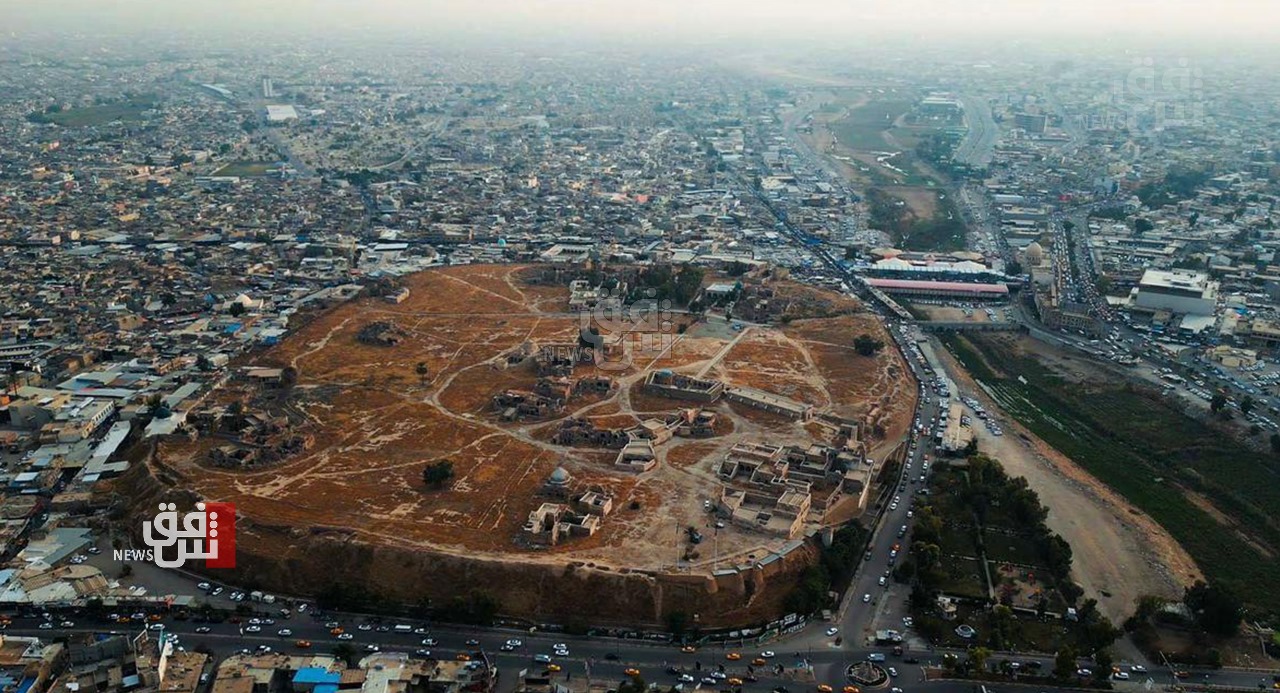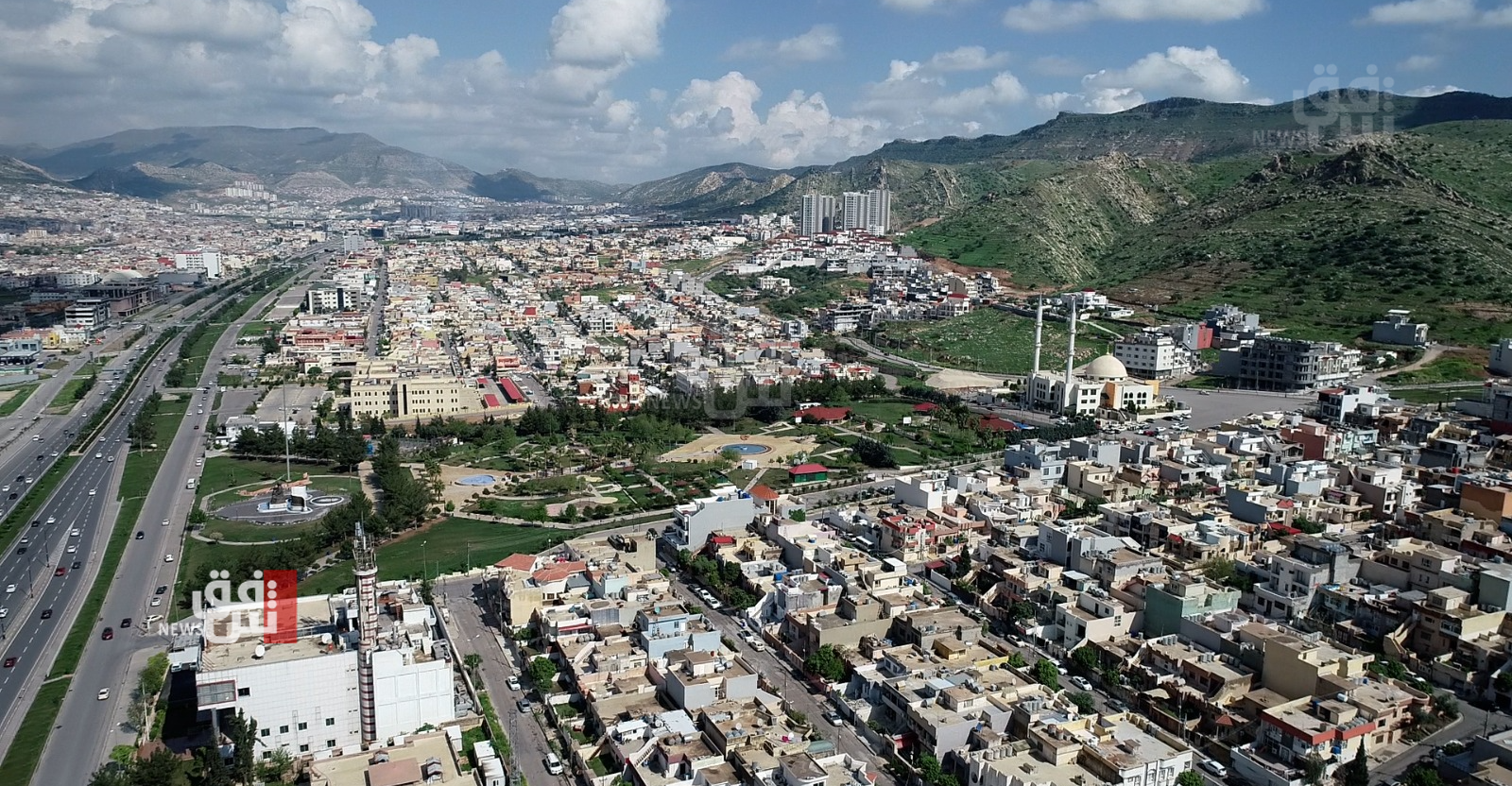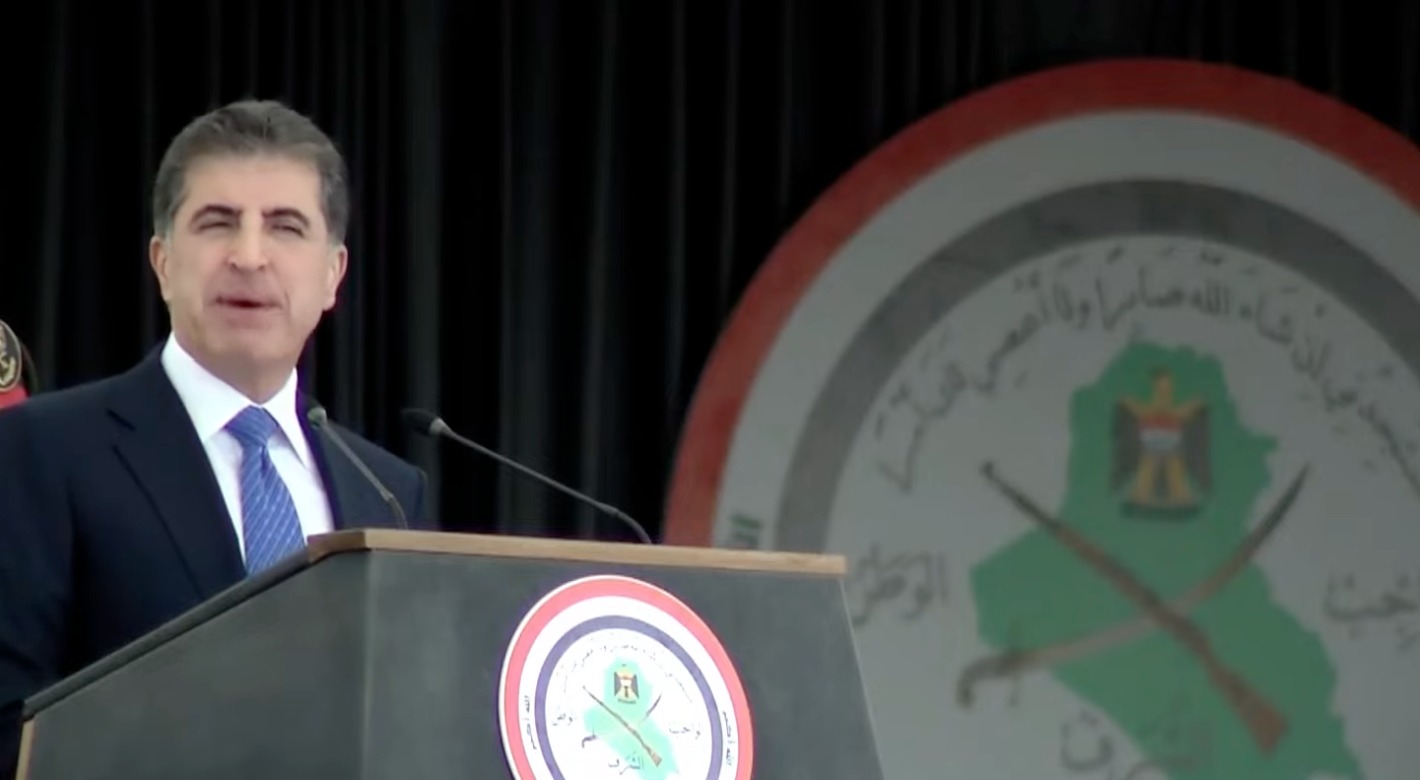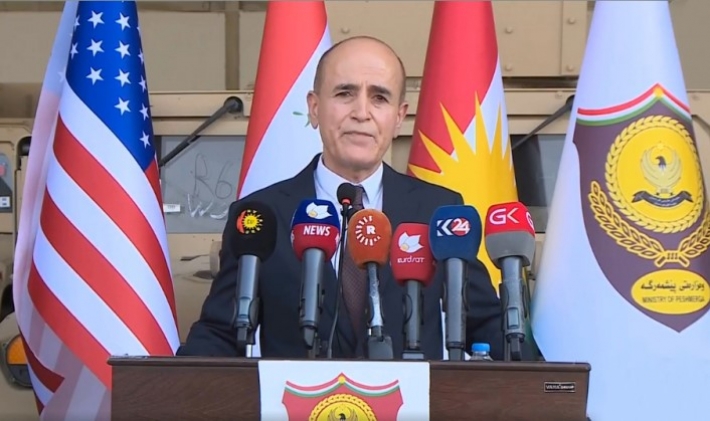Iraq and Turkiye's strategic partnership: new era or false spring?
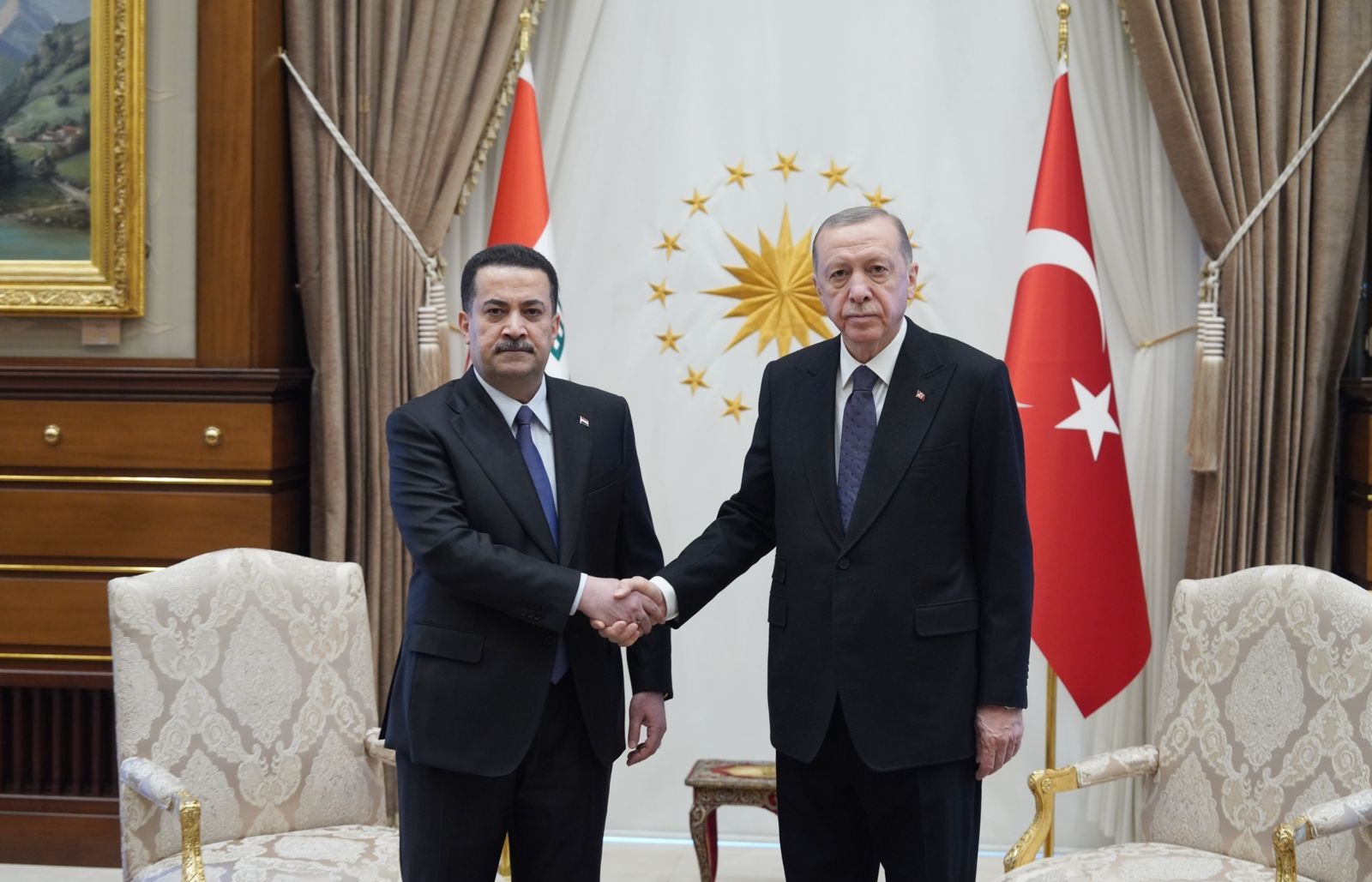
Shafaq News/ Iraq and Turkiye, two nations with historically deep ties, are increasingly aligning on a series of strategic initiatives, but the path ahead is fraught with challenges, according to Dr. Nejat Tamzok's analysis published in Eurasia Review.
Iraq, the fifth richest country globally in oil resources, holds nearly 10 percent of the world's reserves and plays a pivotal role in the global energy market, as Dr. Nejat Tamzok highlights in his recent analysis. Despite its wealth, Iraq remains one of the most oil-dependent economies, with oil revenues accounting for almost all of its exports, 85 percent of its state budget, and nearly half of its GDP. Meanwhile, Turkiye, though one of the world's twenty largest economies, faces significant challenges due to its limited energy resources.
Tamzok explains that it is natural for these two neighboring countries, which share a long history, to seek cooperation on joint projects that could leverage their respective strengths. However, he warns that in the volatile Middle East, such ventures cannot succeed without considering the security dimension. Recent developments between Turkiye and Iraq underscore a process where economic and security considerations are being addressed together.
Last week's talks in Ankara between Turkish and Iraqi delegations, led by Turkish Foreign Minister Hakan Fidan and Iraqi Foreign Minister Fuad Hüseyin, marked a critical step in this process. The discussions culminated in the signing a "Memorandum of Understanding on Military, Security Cooperation and the Fight Against Terrorism." Dr. Tamzok notes that this agreement, hailed as "historic" by both parties, involves establishing joint security centers on Iraqi territory and coordinating counter-terrorism efforts, particularly against the PKK.
Parallel to these security discussions, work on the Iraq Development Road Project is progressing. This ambitious project aims to link the Al-Faw Port in Basra to Turkiye through a highway and railway, potentially reducing the transportation time between China and Europe. Tamzok points out that the project, which includes a 1,130-kilometer highway and a 1,200-kilometer railway, is expected to be completed in phases by 2050. The project's estimated cost is $17 billion, though Tamzok suggests it could be much higher.
The project holds significant economic promise for Iraq. According to Tamzok, the Iraqi government believes that the Development Road will facilitate oil and gas transportation and reduce trade costs between Southeast Asia and Europe, thereby unlocking numerous economic opportunities. The recent launch of the Turkiye-Iraq electricity transmission line further signifies growing cooperation between the two nations.
However, Tamzok cautions that realizing this project will not be straightforward. The Development Road faces stiff competition from other major initiatives, such as China's Belt and Road Initiative, the US-backed India-Middle East-Europe Economic Corridor (IMEC), and Iran's regional ambitions. He emphasizes that Iraq's limited role in China's plans and Turkiye's focus on becoming a direct corridor between China and Europe may lead to differing objectives between the two countries.
Moreover, Tamzok asserts that the project's potential to weaken Iran's influence and disrupt Gulf trade adds layers of complexity. He argues that while creating new economic links is appealing, such projects in the Middle East risk exacerbating existing tensions and conflicts rather than fostering peace and prosperity.
In conclusion, Dr. Tamzok suggests that the dream of peaceful coexistence through grand infrastructure projects might remain elusive in a region marked by war, extremism, and geopolitical rivalry.


